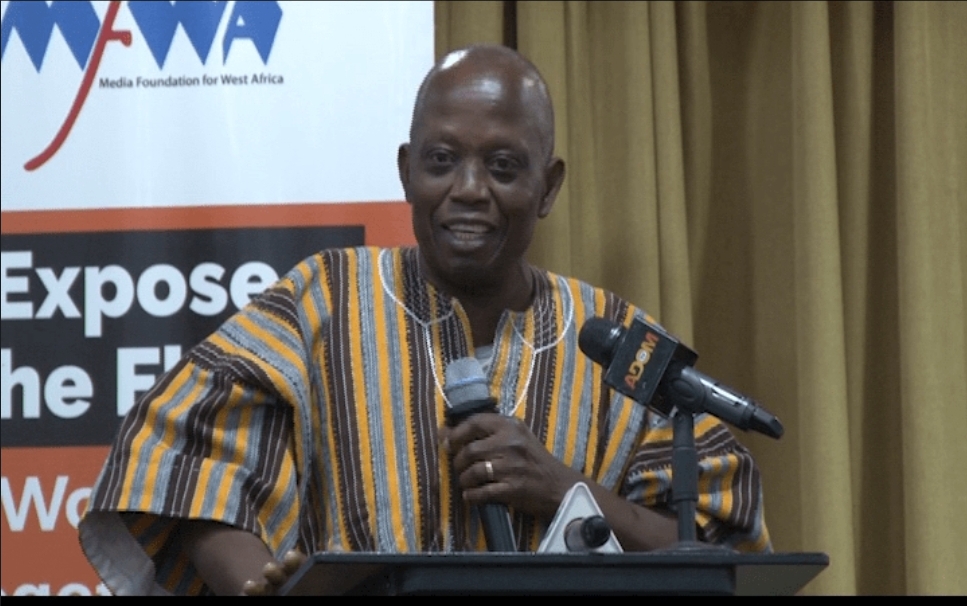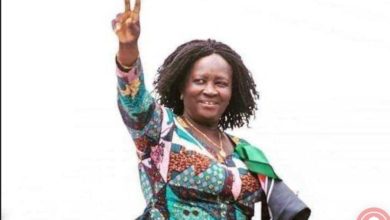New laws needed to address unexplained wealth in Ghana – Former Auditor-General

Former Auditor-General Daniel Yaw Domelevo has called for a change in Ghana’s legal framework to effectively address the issue of unexplained wealth. He advocates reversing the burden of proof, requiring individuals to justify their assets beyond a reasonable doubt, instead of tasking prosecutors with proving misconduct.
Speaking as the keynote speaker at a public forum organized by the Media Foundation for West Africa, Domelevo highlighted how this shift could significantly reduce corruption in the public sector.
“We need assets and liability declaration, but we need a law on lifestyle audit because as for lifestyle audit, it would go far. If you cannot explain it, then we need the law to reverse the burden of proof,” he emphasized.
Domelevo explained that prosecuting unexplained wealth differs fundamentally from other crimes where evidence is often more accessible. Using murder as an example, he noted that such crimes often have witnesses or confessions to help establish guilt. In contrast, wealth-related offenses require a different approach to ensure accountability.
“So, all that we need, I think, is to reverse the order so that once we can prove beyond reasonable doubt that you have these resources in your accounts or you own this, then the onus shifts to you to prove to us how you got it. Like it’s provided under Section 1(3) of the Anti-Money Laundering Act,” he argued.
Domelevo also referenced the Anti-Money Laundering Act, explaining how it holds individuals accountable when their possessions do not align with their declared sources of income. “That act provides that if you are being investigated for money laundering and you have in your possession properties that are not commensurate or cannot be reasonably attributed to your sources of income, then you are guilty of money laundering,” he said.




